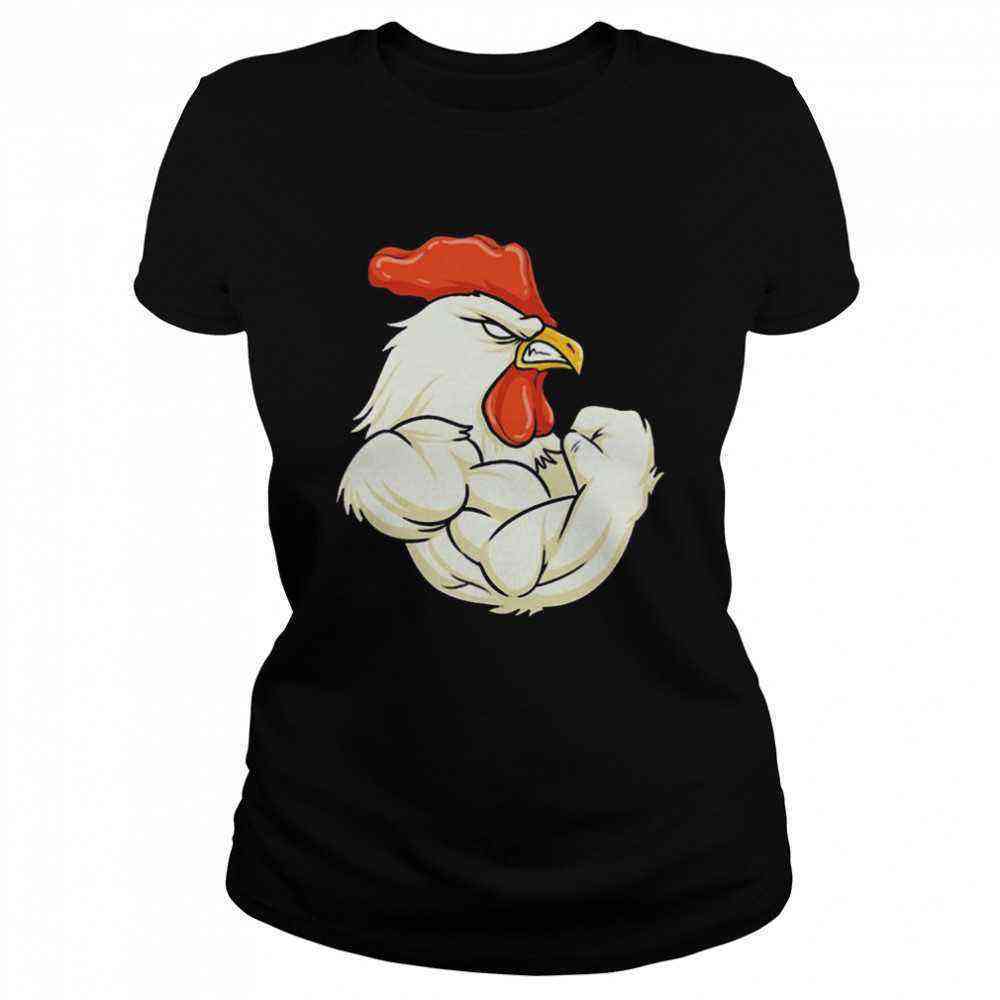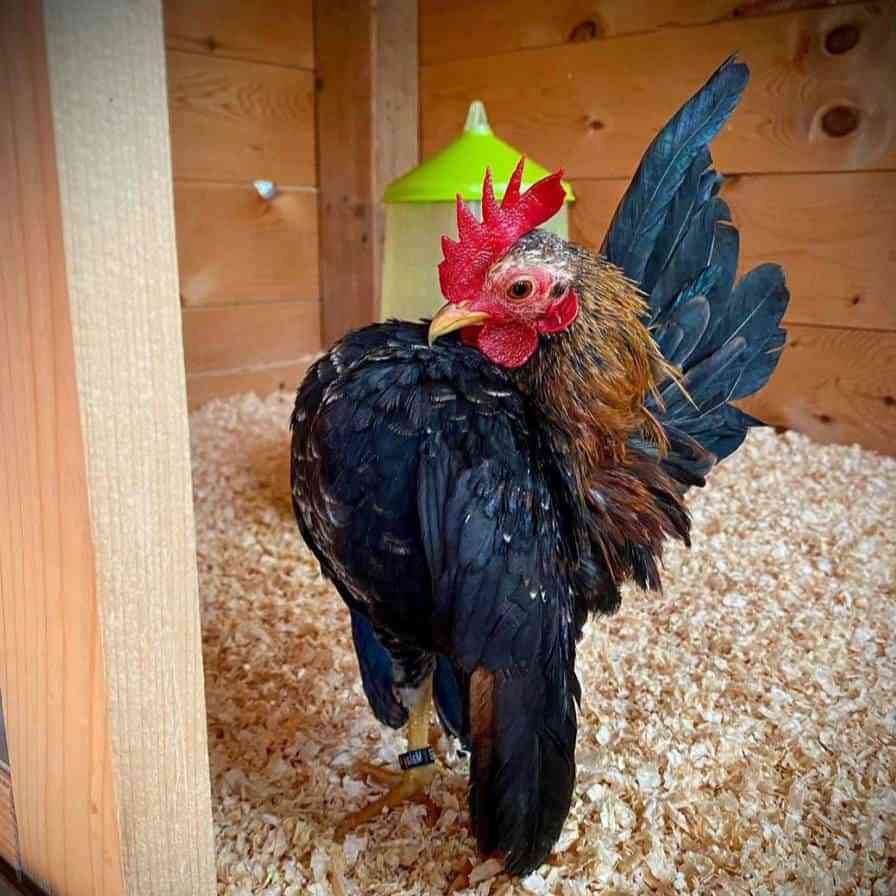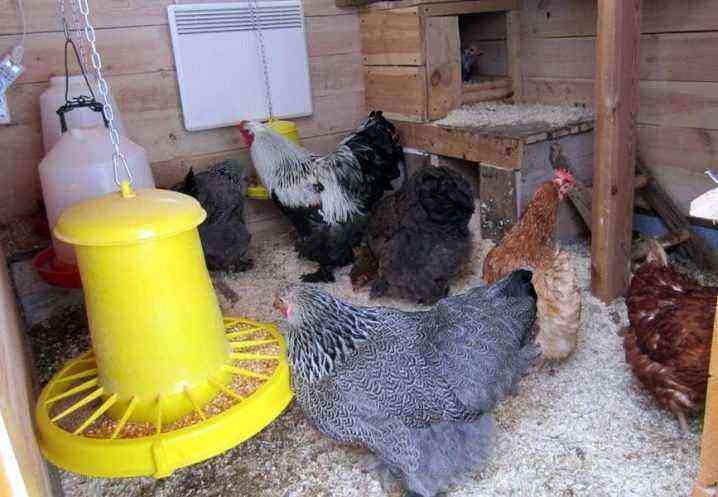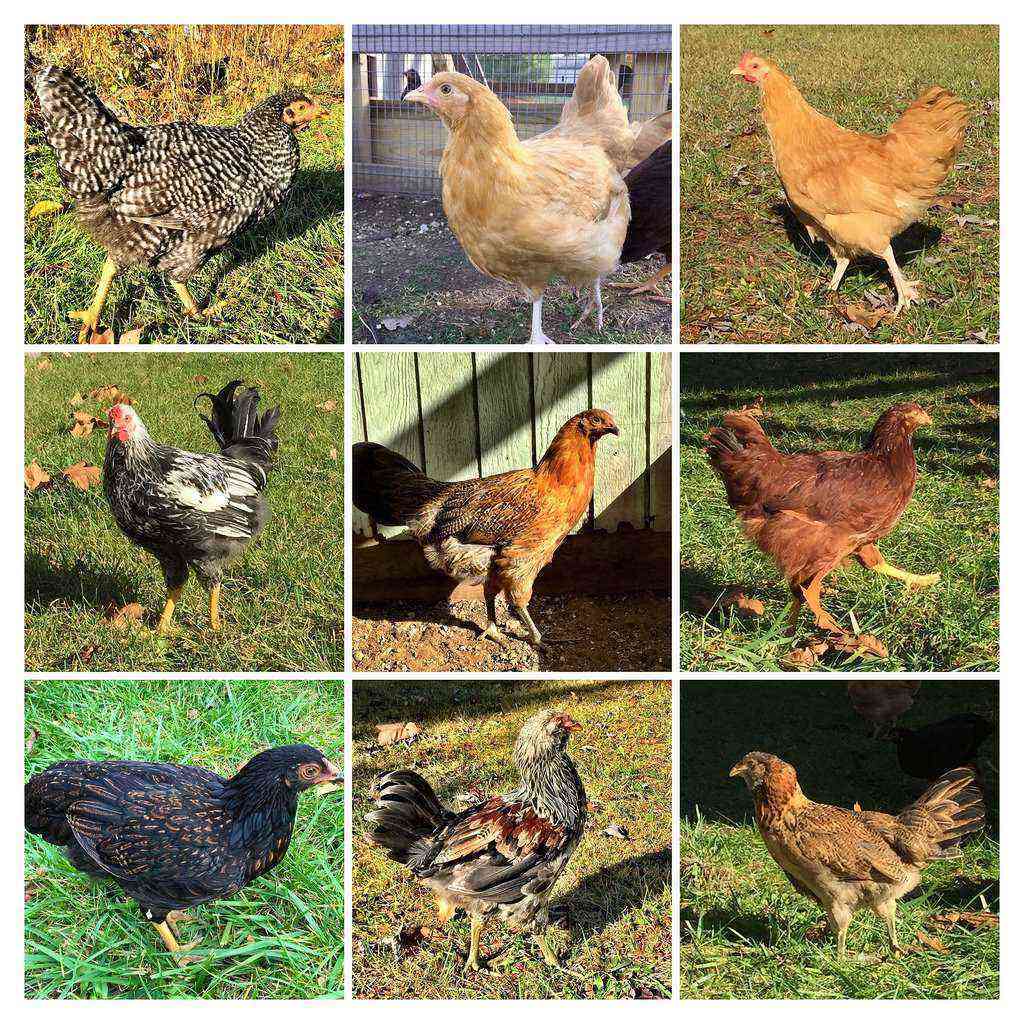To identify the presence of worms in the body of chickens is, of course, not all. It is necessary to promptly and competently carry out treatment in order to rid the bird of these parasites, which negatively affect not only the health and physiological state of laying hens, but also their productivity.
Removal of worms in poultry can be carried out using two drugs:
- flubenveta (flubendazole);
- ivermectin.
The first agent is represented by an active substance that is produced in the form of a powder. Flubenvet is available in 1% and 2,5%. Its most effective use is mixing with feed, namely compound feed. Experts also recommend adding fish oil or vegetable oil so that the drug mixes better with food. This drug must be given to laying hens for a week.
Flubenvet is a highly effective drug. It destroys worms at all stages, from eggs to adults that parasitize in the body.
In cases where chickens have a severe worm infection, it is better to repeat the treatment procedure several more times to avoid re-infection from parasites remaining in the range and in the chicken coop. Deworming should be carried out three to four weeks after the first use of flubenvet.
Eggs laid by laying hens using 1% flubenvet are quite suitable for human consumption. But with the slaughter and eating of the meat of such a bird, it is better to wait not only during the treatment period, but also a week after it. When using a stronger, 2,5% remedy, even eggs cannot be eaten, and even more so meat, it is better to postpone slaughtering a chicken for several weeks.
The second remedy for worms is ivermectin. The drug can also be used to remove external parasites such as mites, lice and others. However, unfortunately, ivermectin does not harm tapeworms. It is more often used to treat farm animals than laying hens. However, veterinarians often prescribe it to “fight” these internal parasites.
Eggs and poultry meat after direct treatment with ivermectin should not be eaten. The terms of abstinence from these products should be discussed with the veterinarian.
Of course, removing worms from chickens must begin immediately. However, before using any drug, it is best to consult a specialist so as not to harm either the poultry or, even more so, yourself.







































